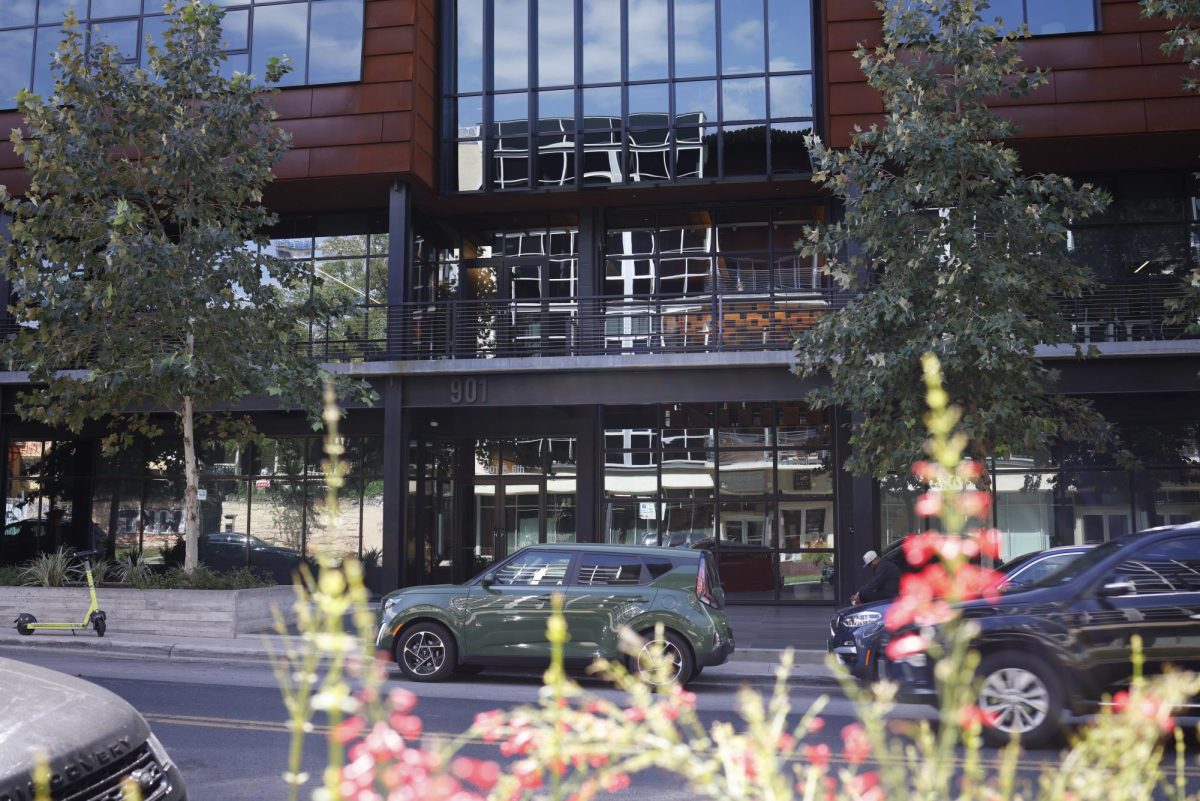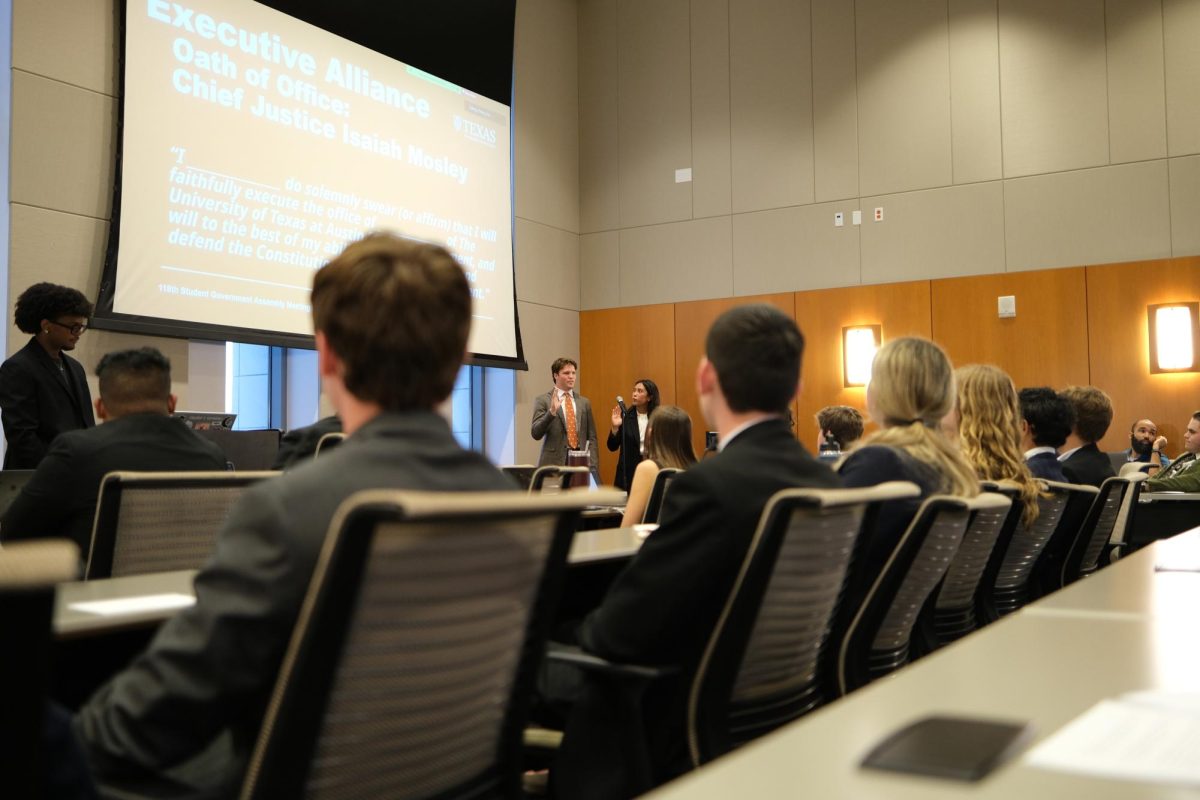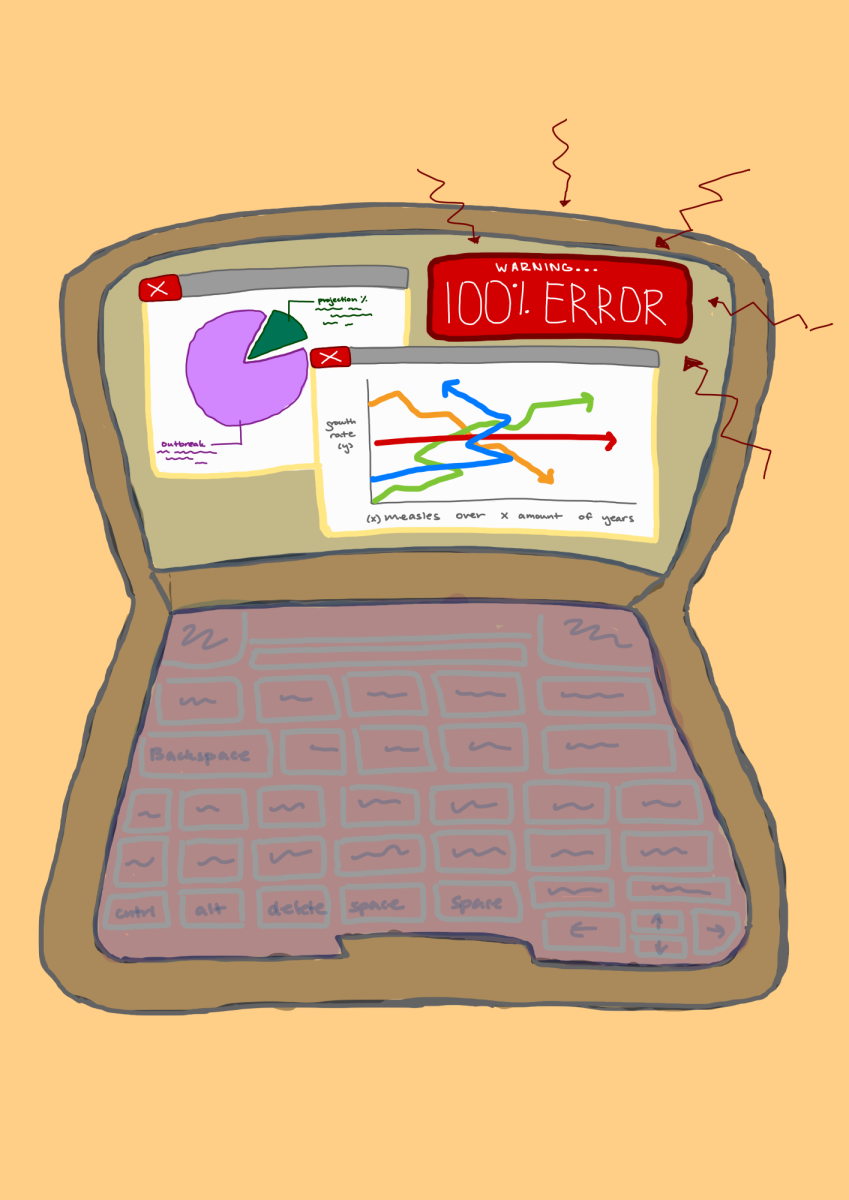The Texas Institute for Electronics at the University of Texas signed a memorandum of understanding with Infleqtion, a global quantum research company, to establish a new center of excellence for quantum manufacturing.
The center, called qNexus, enables the Institute and Infleqtion to produce quantum devices for fields like defense and healthcare. The CHIPS and Science Act, a United States federal statute providing nearly $280 billion nationwide to boost manufacturing research, and $440 million in funding from the Texas Legislature prompted the partnership.
“One of the big challenges in the quantum industry right now is scaling manufacturing,” said Brance Hudzietz, director of partnerships at Infleqtion. “The University of Texas and (the Texas Institute for Electronics) has been doing a lot of work over the last couple of years to reinvigorate the semiconductor industry, which has a lot of commonalities to the work that we’re doing.”
Infleqtion, which recently opened a flagship corporate office in Austin, delivers high-speed quantum-enabled products and information. John Schreck, CEO of the Texas Institute for Electronics, said that Infleqtion is particularly focused on quantum clocks or ultra-sensitive sensors that improve computing performance.
“There’s a lot of companies that are doing quantum out there, but one of the things that we really liked about (Infleqtion) is they’re focused on near-term solutions,” Schreck said. “What they’ve wanted to partner with us on is developing manufacturing excellence, which (aligns with our want to) … build (fabrication labs) and support manufacturing technology in the area of packaging.”
Besides packaging, quantum technology can further navigation and precise positioning and provide highly accurate economic data. Laura Thomas, Infleqtion chief of staff, said quantum-enabled products in the U.S. could move the needle regarding international technology competition.
“Quantum is the equivalent of moving from candlelight to electricity,” Thomas said. “I can’t think of a single industry that quantum will not impact. … There’s just a lot of money coming into this space, so we can take the technology out of the lab and get it out into the field or society so people can start using it.”
Schreck said that the partnership partly aims to attract talent in terms of students and faculty. UT students and faculty will be encouraged to use the facility and engage in quantum research.
“I’m really excited,” said Azal Amer, physics freshman and representative for the Society of Physics Students. “I think, right now, I want to go into quantum informatics, so knowing that UT is going to plan on having a dedicated center is something I’m very excited about.”



















